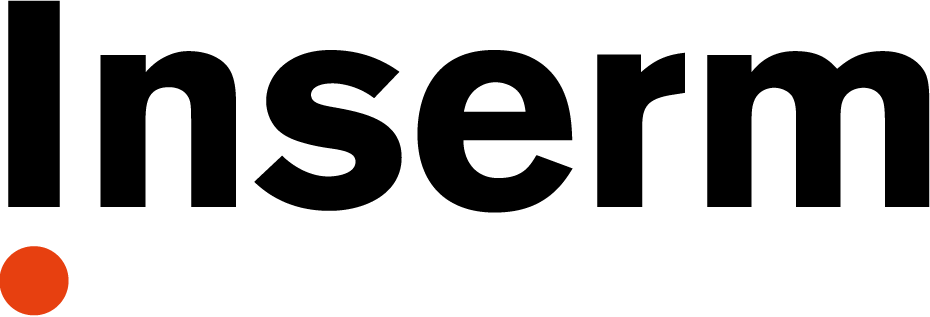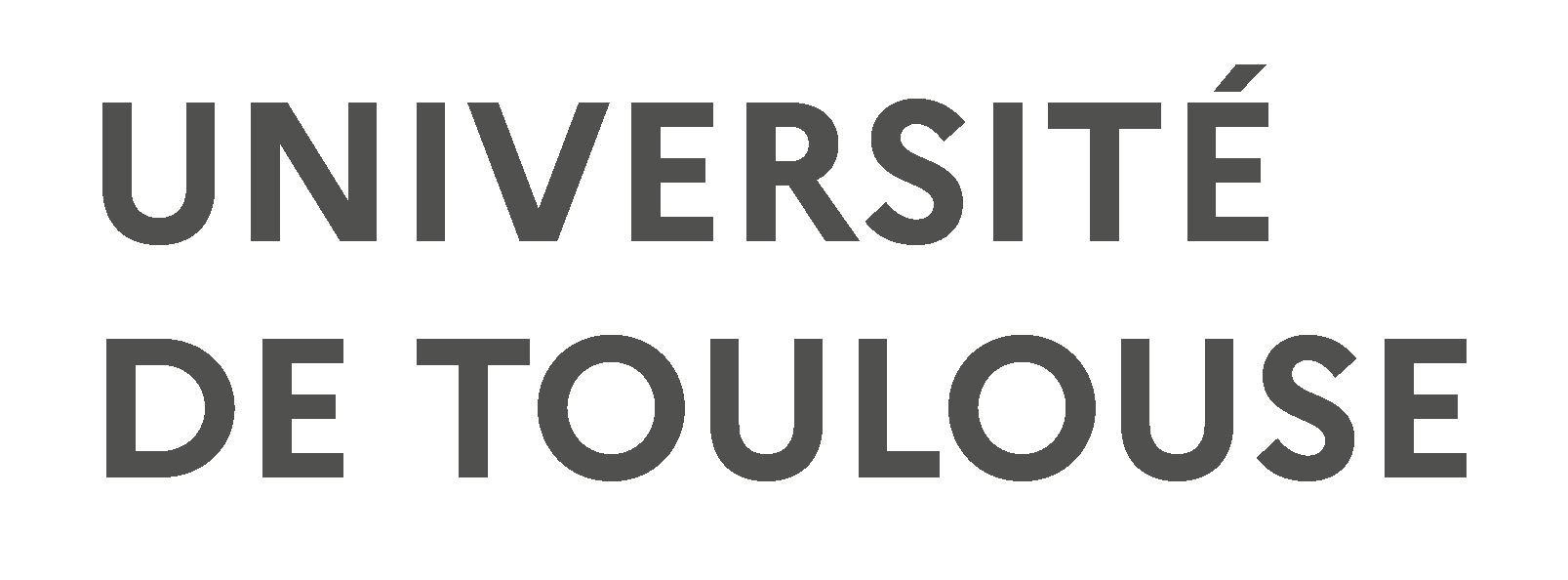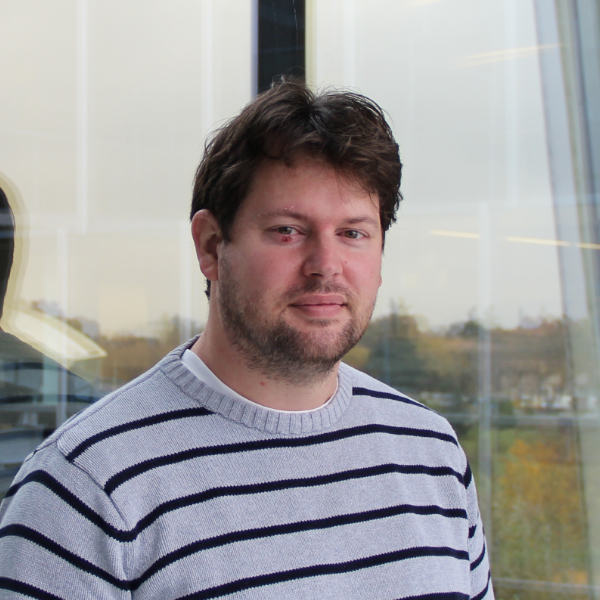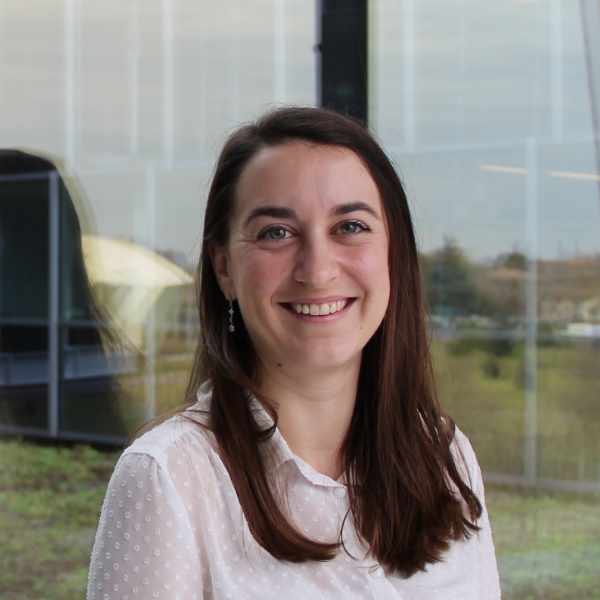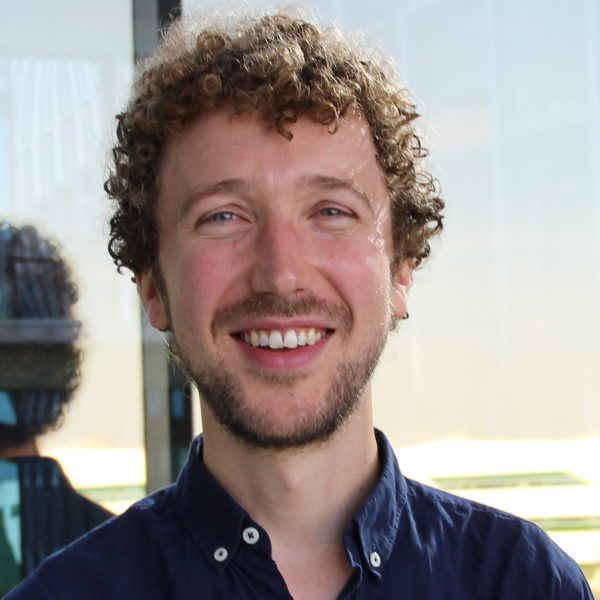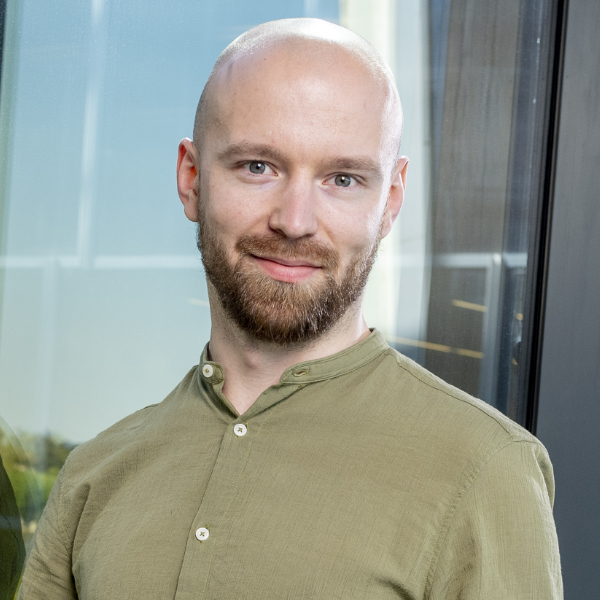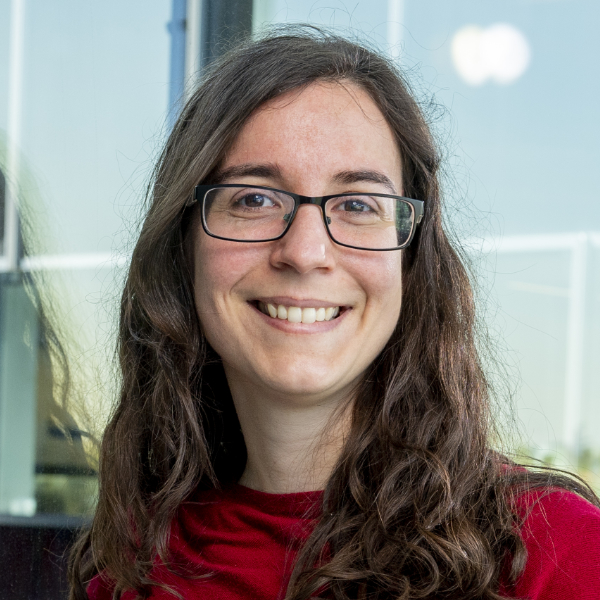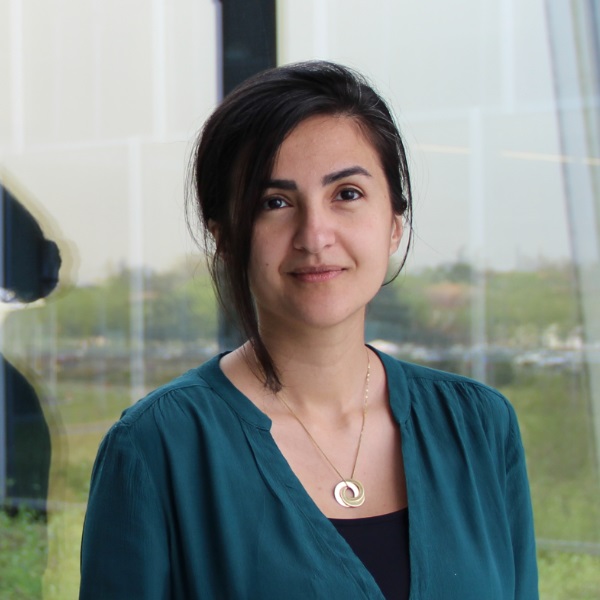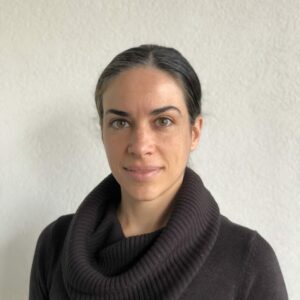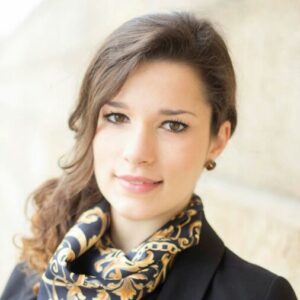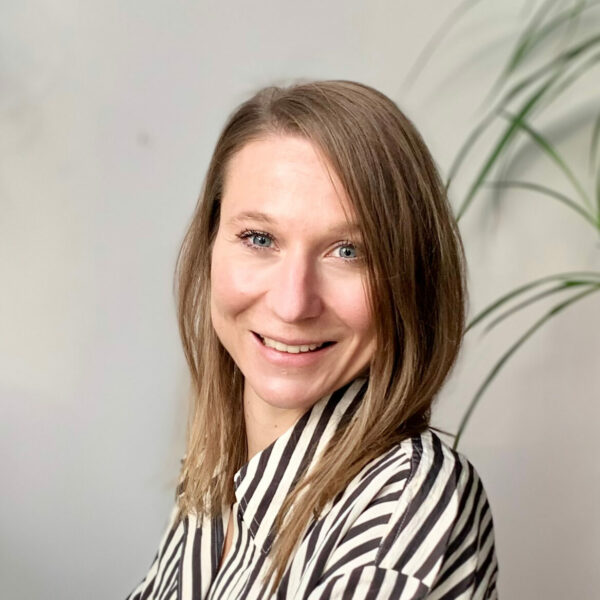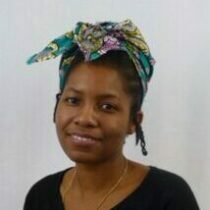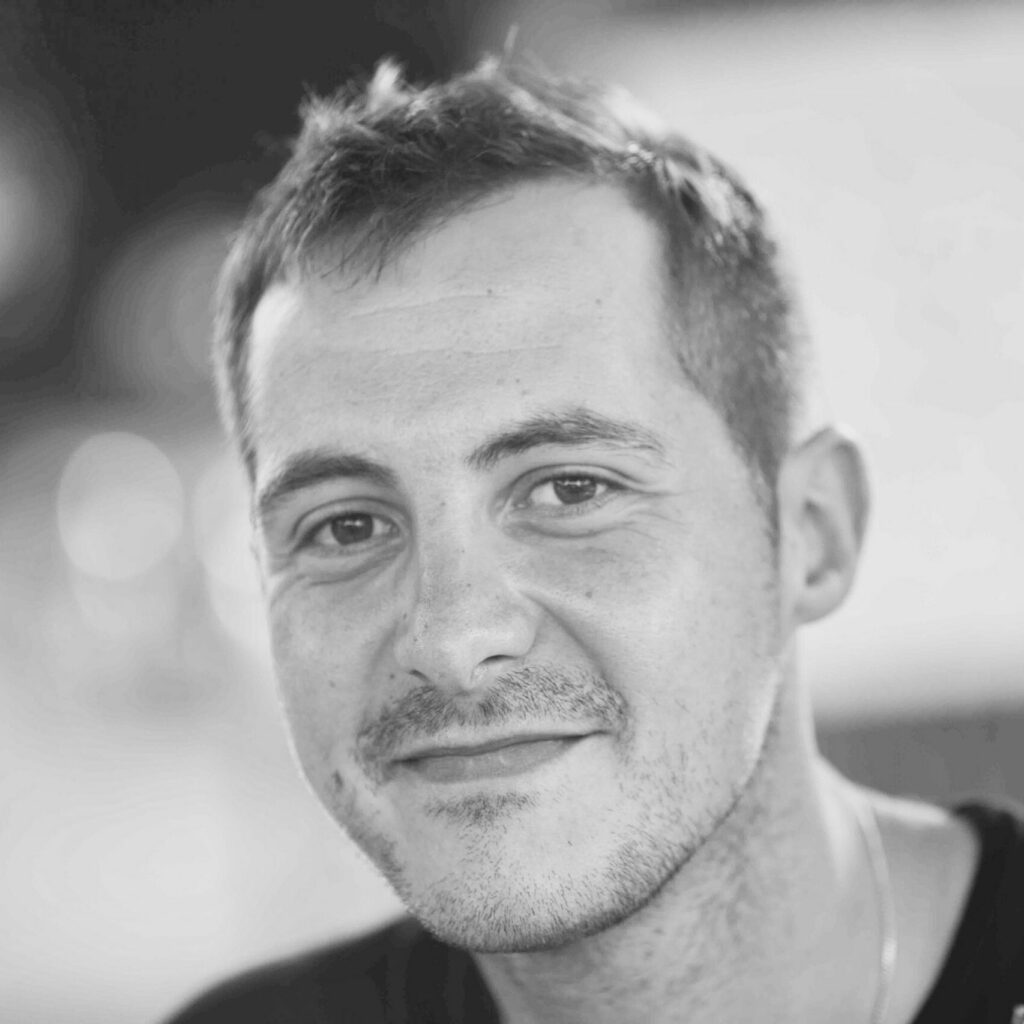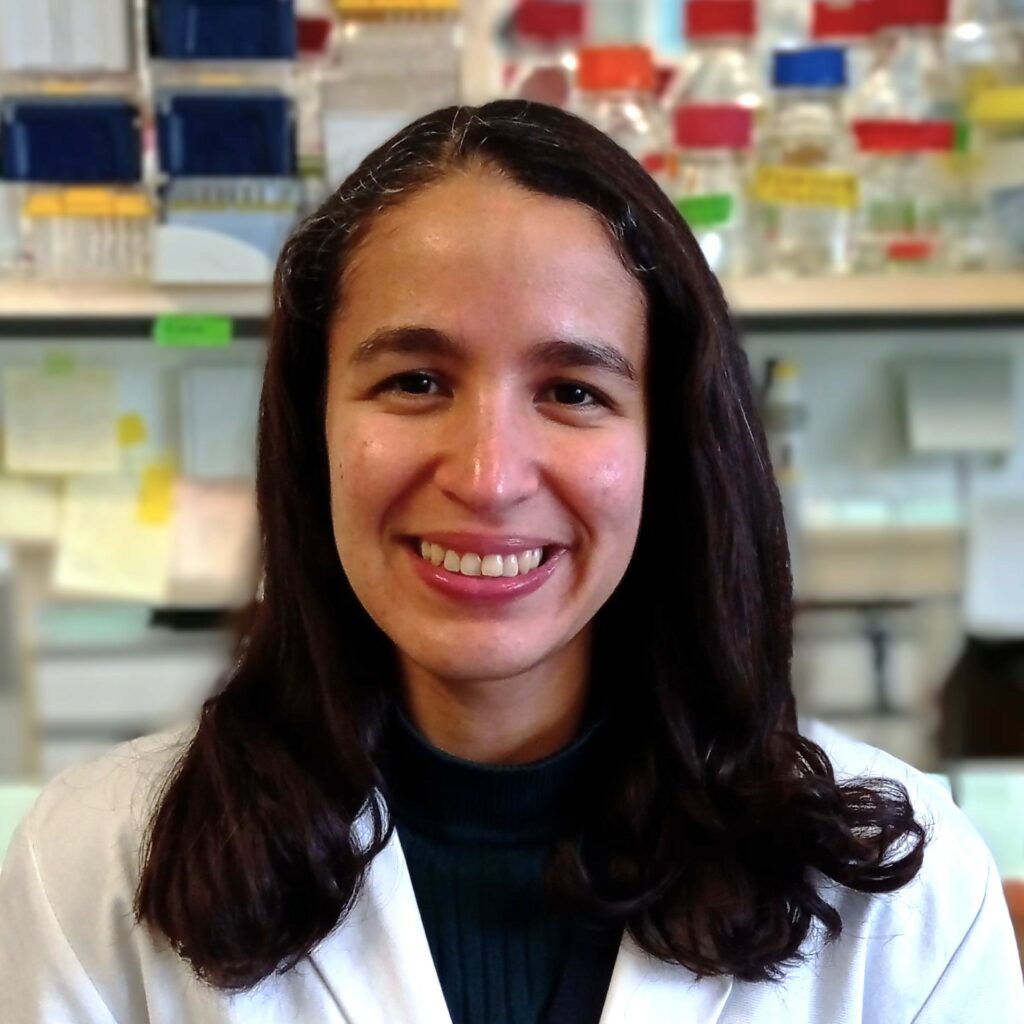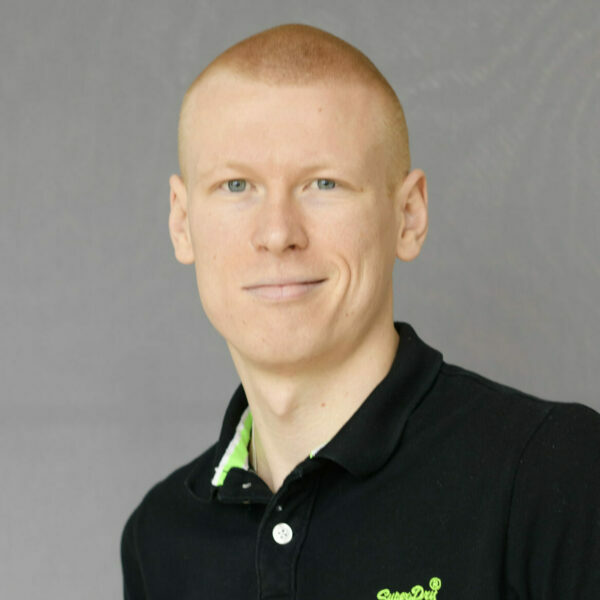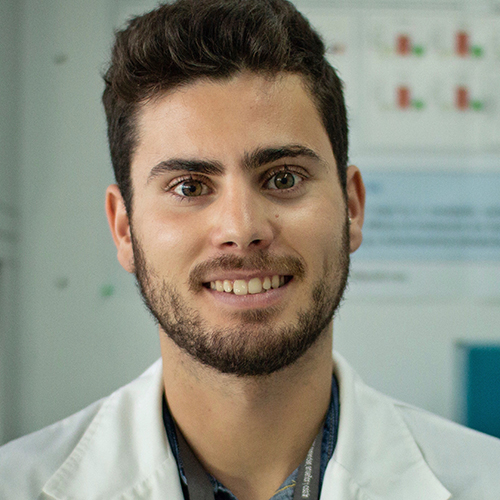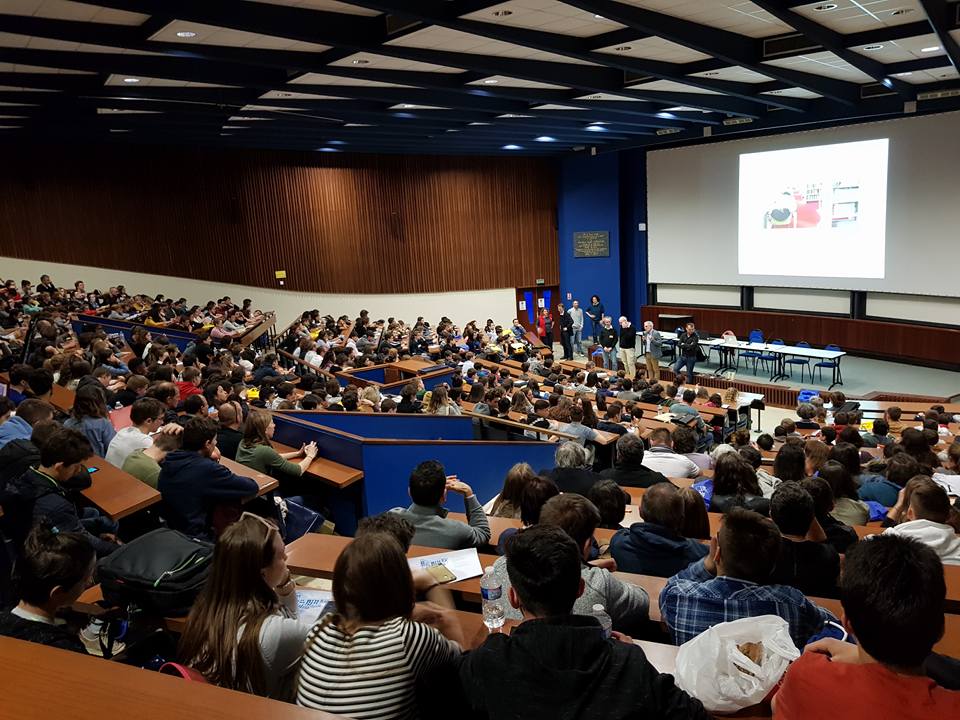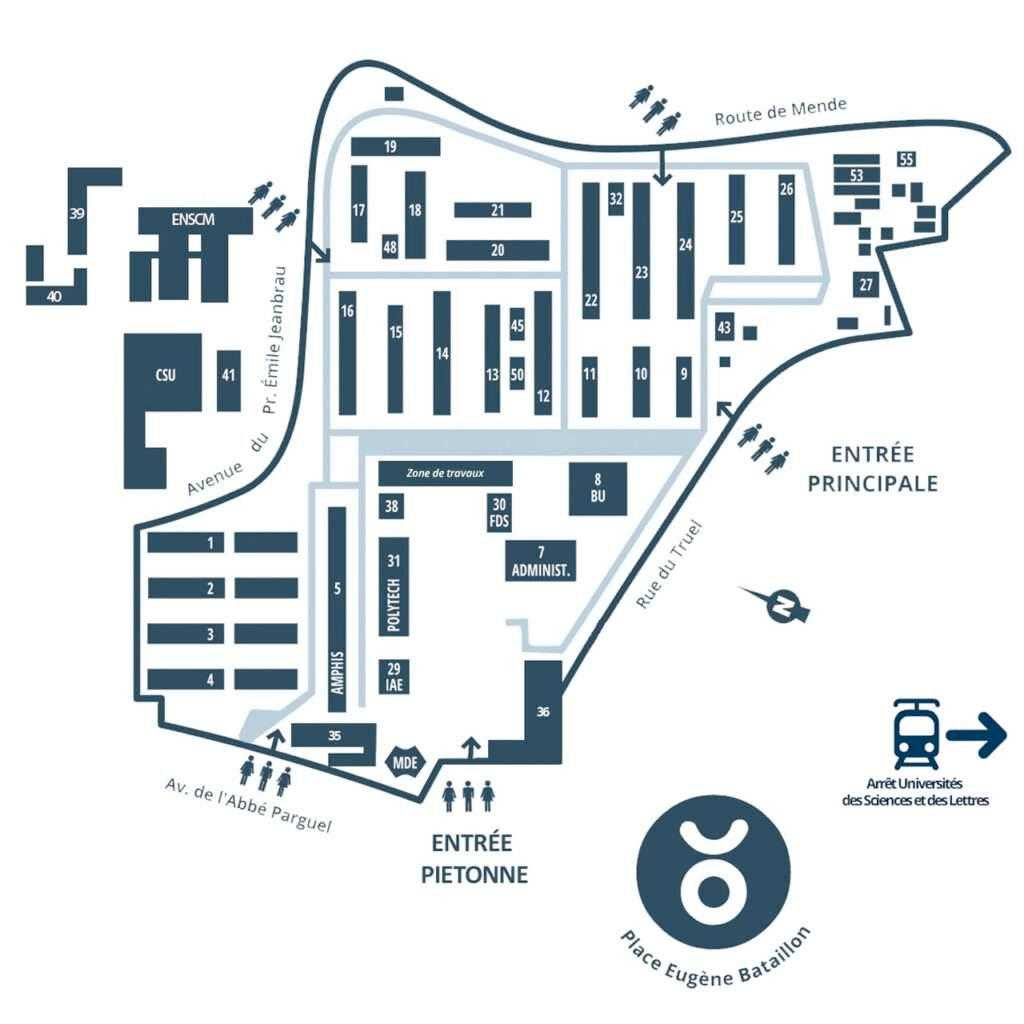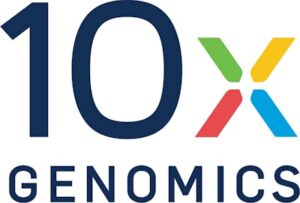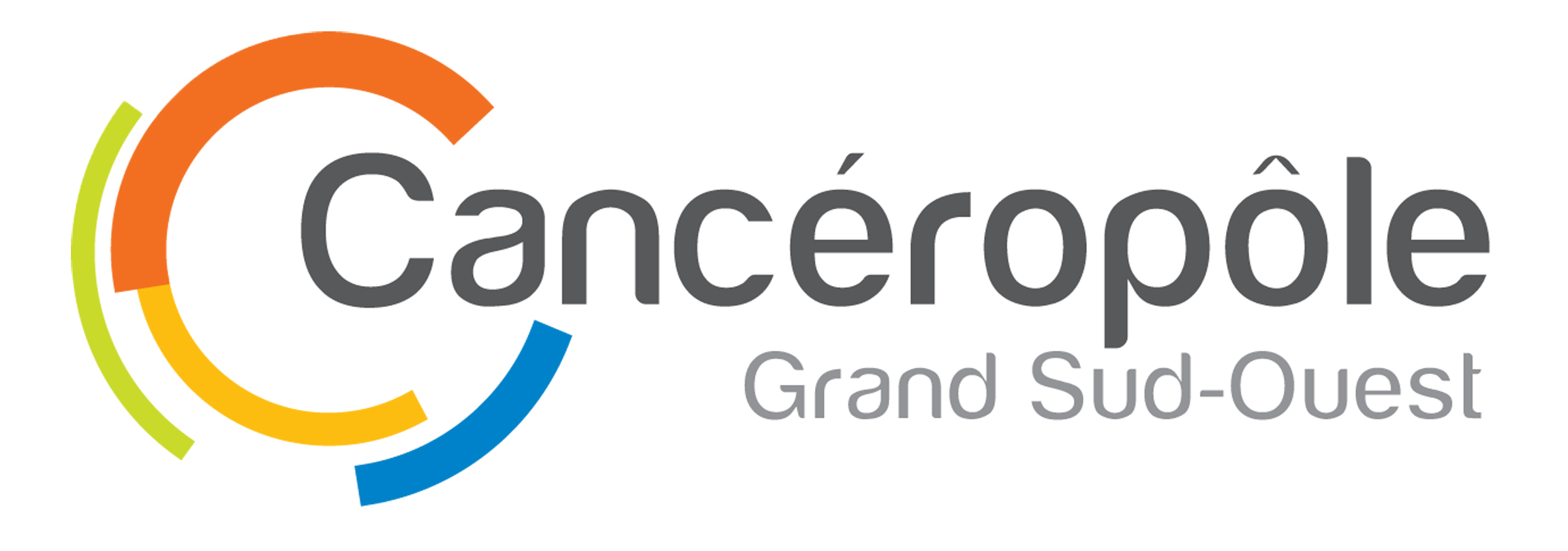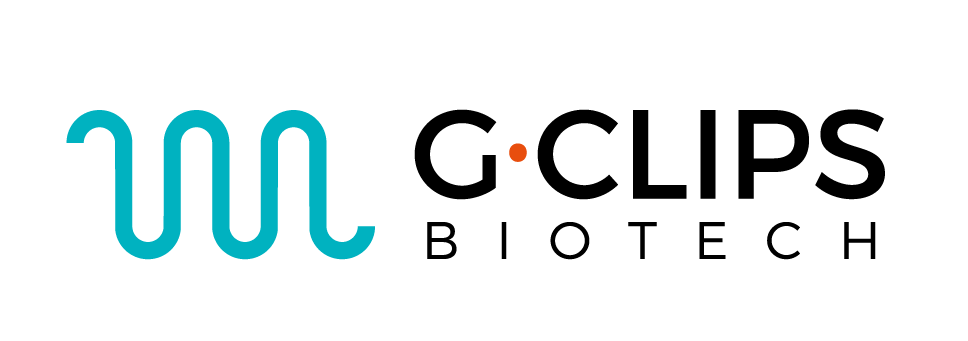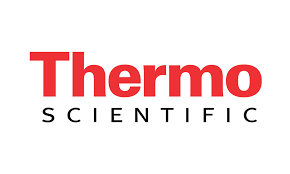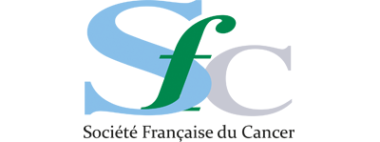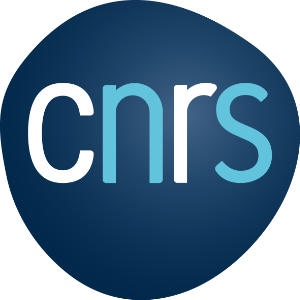2nd Young Scientist Cancer Congress 2024 (YS2C)
New translational approaches in cancer therapy
October 10 & 11, 2024 – Montpellier France
Aim: The main goals of this congress are to: promote the work of postdocs and young clinician scientists, optimize their career paths, establish networks, and to enable new translational research projects.
Public: To achieve our goals, we decided to open the conference to the whole scientific community, which are researchers and clinicians of all career levels.
Organization: This day will alternate presentations by internationally renowned keynote speakers, presentations by postdocs and young clinicians, application-focused presentations by 2 leading single-cell and spatial transcriptomics companies and a presentation from an editor of Nature Communications about scientific publishing and peer-reviewing.
Call for abstracts of young scientists ONLY :
We invite all postdocs, young clinicians and PhD students to submit abstracts for an oral presentation or a poster. While preparing your submission, please follow the abstract guidelines. The organizing committee of YS2C will select the best abstracts for oral presentations and posters.
Several prizes will be awarded:
- complimentary registration to the EACR 2025 Congress/EACR Conference for the best oral presentation,
- more info to come!
When posting on social media (Twitter/X, LinkedIn) about the conference, please use our hashtag #YS2C and #YS2C_GSO.
Key dates and registration :
- Deadline for submission of abstracts for oral presentations: July 31, 2024 (11:59) CLOSED
- Deadline for submission of abstracts for poster presentations: September 06, 2024 (11:59) CLOSED
- Registration (obligatory) until: September 22, 2024 (11:59) CLOSED
Registration is obligatory, but free for all researchers. Please follow the instructions on the GSO web portal.
The physician’s corner – a dedicated space for informal meetings between clinicians and researchers
October 11th at 13.00, chair: Steffen Fuchs (Charité, Berlin)
One of our aims is to bring young clinicians and researchers together. This will foster exchange and potentially start future collaborations, all for the sake of translational research and ultimately for the patients’ benefit. This is why we will have a dedicated space during the lunch break and poster session, “the physician’s corner”, where informal discussions between clinicians and researchers can happen in a relaxed atmosphere. Use this opportunity and just come around!
- Clinician Scientists, if you are interested in participation, please contact us by ys2conference@gmail.com, mentioning your specialisation/topic of interest.
- Biologists/researchers, please register here to participate, deadline for the registration – October 3, 23:59h.
Round table discussion
October 10th at 13.00, chairs: Benoît Aliaga and Laura Grunewald (Charité, Berlin)
One of our aims is to bring young clinicians and researchers together. This will foster exchange and potentially start future collaborations, all for the sake of translational research and ultimately for the patients’ benefit. This is why we will have a dedicated space during the lunch break and poster session, “the physician’s corner”, where informal discussions between clinicians and researchers can happen in a relaxed atmosphere. Use this opportunity and just come around!
- Clinician Scientists, if you are interested in participation, please contact us by ys2conference@gmail.com, mentioning your specialisation/topic of interest.
- Biologists/researchers, please register here to participate, deadline for the registration – October 3, 23:59h.
Meet the editor – discuss your research project with a Nature Communications editor
October 10&11, 12:10-13:45h (during the lunch breaks of the 1st & 2nd day), in the Dumontet congress building (follow the signs).
Get a short 1:1 meeting with Joanne Clancy, an editor from Nature Communications, to discuss your research project.
- please register to participate, deadline for the registration – October 3, 23:59h.
The work groups meeting
October 10th at 18.40, chair (Benoît Aliaga)
The organization of YS2C 2024 is a collaboration between researchers and clinicians working in France and Germany. YS2C aims to close the gap between PhDs and PIs and create an event for young scientists and clinicians that has not existed in our countries so far. One of our aims is to bring young clinicians and researchers together, initiate potential new collaborations, and foster translational research that leads to fast-applicable benefits for patients. On October 10th at 18:40, we organize a meeting to present our project of work groups to develop our skills and build stronger interactions between our countries.
Program
October 10th
8:30-9:00: Registration
9:00 – 9:15: Opening speech (Benoît Aliaga & Steffen Fuchs)
Session 1: Tumor immunology
Chairs: Anna Salvioni (CRCT, Toulouse) and Serena Stadler (Charité Berlin)
9:15 – 10:00: Daniela Thommen (Netherlands Cancer Institute, NL) Modelling and modulating T cell immunity in human cancers
10:00 – 10:20: Giulia Leonardi, University Cancer Institute of Toulouse Oncopole, FR. Differences in HPV-specific CD8 and CD4 T-cell responses in HPV-16 associated cervical cancer and head and neck cancer
10:20 – 10:40: Coffee break + SPONSOR’S STANDS
10:40 – 11:00: Lydia Dyck, Max Delbrück Center for Molecular Medicine, DE. The secret life of antigen-specific T cells in cancer.
11:00 – 11:20: Agata Mlynska, National Cancer Institute, LT. Exercise-induced extracellular vesicles delay tumor development by igniting inflammation in an immunologically cold triple negative breast cancer mouse model
11:20 – 11:40: Imene Gasmi, Institut de Génomique Fonctionnelle, FR. Tuft cell-dependent microenvironment remodeling promotes intestinal tumorigenesis.
Tech talk Session
Chairs: Anna Salvioni (CRCT, Toulouse) and Serena Stadler (Charité Berlin)
11:40 – 12:00: Michela Venturi, Sales development manager, Immudex. Characterization of antigen-specific immunity by flow cytometry and single-cell analysis with Dextramer® technology
—GROUP PHOTO— with all the participants of the congress
12:00 – 14:00: Lunch time + SPONSOR’S STANDS
Parallel sessions:
13:00 – 14:00: Meet the editor (postdocs/young clinicians only, an appointment is required)
13:00 – 14:00: Round table How to build a career in cancer research?
Session 2: Tumor microenvironment
Chairs: Marcin Domagala (CRCT, Toulouse) and Pierre-François Roux (IRCM, Montpellier)
14:00 – 14:45: Mara Sherman (Memorial Sloan Kettering Cancer Institute, US). Mechanisms and consequences of pancreatic cancer stromal evolution.
14:45 – 15:05: Ilan Theurillat, Berlin Institute for Medical Systems Biology, DE. A single-cell resolved spatiotemporal atlas of murine triple-negative breast cancer reveals myofibroblastic CAFs as drivers of aggressive tumor phenotypes.
15:05 – 15:25: Ana Pestana, Charité – Universitätsmedizin Berlin, DE. Preclinical models for rare tumors to advance precision oncology development
15:25 – 15:45: Coffee break + SPONSOR’S STANDS
15:45 – 16:05: Hala Shalhoub, Cancer Research Center of Toulouse, FR. Role of Vps34 in pancreatic cancer initiation
Tech talk Session
Chairs: Thomas LeFeivre (Bric, Bordeaux) and Pierre-François Roux (IRCM, Montpellier)
16:05 – 16:25: Hafid Kora, Technical sales manager, Parse Biosciences. Expanding single Cell Capabilities with Evercode Technology
16:25 – 17:10: Inmaculada Martinez-Reyes (Max Delbruck Center for Molecular Medicine, DE). Interventions in tumor and T cells metabolism to improve cancer immunotherapy
17:10 – 18:40: Poster session 1 Chairs: Roxana Khazen (CRCT, Toulouse) and Serena Stadler (Charité, Berlin)
18:40: Work Group project meeting Chair: Benoit Aliaga
19:30: YS2C dinner at restaurant La Jalade (registration is required)
October 11th
Session 3: Cancer treatment and clinical trials
Chairs: Thomas LeFeivre (Bric, Bordeaux) and Pierre-François Roux (IRCM, Montpellier)
9:00 – 9:45: Nicholas McGranahan (UCL, Cancer Institute, UK). Somatic evolution and the impact of treatment EMBO Young Investigator Lecture
9:45 – 10:30: Charles Herbaux (CHU Montpellier, FR). BH3 profiling to characterize anti-apoptotic dependencies and identify new therapeutic approaches in T Prolymphocytic Leukemia
10:30 – 10:50: Coffee break + SPONSOR’S STANDS
10:50 – 11:10: Kuldeep LAHRY, Institut de Recherche en Cancérologie de Montpellier, FR. Pioneering Cancer Therapy Through Microbiota-derived Metabolites and Synthetic Analogues
11:10 – 11:30: Grégoire MANAUD, BoRdeaux Institute of Oncology, FR. Deciphering the oncogenic properties of Fascin-1 in Hepatoblastoma
11:30 – 11:50: Lisa BRUNET, Institut de Recherche en Cancérologie de Montpellier, FR. Exploiting vulnerabilities in MET-driven non-small cell lung cancer
11:50 – 12:10: Bartolomeo BOSCO, Charité-Universitätsmedizin Berlin and Max Delbrück Center for Molecular Medicine, DE Unveiling interactions between senescent tumor cells and the host immune system – Implications for senolytic immunotherapy
12:10 – 13:45: Lunch time + SPONSOR’S STANDS
- Meet the editor (postdocs/young clinicians only, an appointment is required) Chair: Anna Salvioni (CRCT, Toulouse)
- 12:45-13:45: Physician corner (an appointment is required) Chair: Steffen Fuchs (Charité, Berlin)
- Poster session 2 Chairs: Katyana Seba (CRBM, Montpellier) and Sara Ovejero (IGH, Montpellier)
Tech talk Session
Chairs: Thomas LeFeivre (Bric, Bordeaux) and Benoît Aliaga (CRCT, Toulouse)
13:45 – 14:05: Céline JAIMET, Single-Cell MultiOmics Solutions Architect, BD Biosciences. Discover the Single Cell Multiomics with the Rhapsody
Session 4: Cancer cells, tumor heterogeneity, and microenvironment
Chairs: Katyana Seba (CRBM, Montpellier) and Steffen Fuchs (Charité, Berlin)
14:05 – 14:25: Thibault HOULES, Institut de Génétique Moléculaire Montpellier, FR. SUMOylation controls the AML surface proteome: role in immune response and signaling
14:25 – 14:45: Giulia Montuori, Experimental and Clinical Research Center (ECRC) of the Max Delbrück Center (MDC) and Charité, DE. MYCN-driven oncogene dosage heterogeneity determines therapy response in neuroblastoma
14:45 – 15:05: Julien Boetto, Institut de Génomique Fonctionnelle, FR Unmasking the early events of meningioma tumorigenesis
15:05 – 15:25: Coffee break + SPONSOR’S STANDS
15:25 – 15:45: Loredana Vecchione, Charité – Universitätsmedizin Berlin, DE. Identification of molecular determinates for tailored treatments in BRAFV600E CRC by using preclinical models
15:45 – 16:30: Frances Balkwill (Barts Cancer Institute, QMU, UK). Understanding and targeting the tumour microenvironment of ovarian cancer
Session 5: The editor’s perspective
Chairs: Sara Ovejero (IGH, Montpellier) and Oriana Villafraz (IRCM, Montpellier)
16:30 – 17:00 Joanne Clancy (Nature Communications, UK). Understanding the editorial process.
17:15: Closing remarks and ceremony of poster & oral presentation awards
Chairs: Benoît Aliaga (CRCT, Toulouse) and Steffen Fuchs (Charité, Berlin)
Keynote speakers
Professor Frances Balkwill, Ph.D.
OBE, FMedSci; Deputy Centre Lead, Group Leader, Research Theme Lead; Barts Cancer Institute, Queen Mary University of London
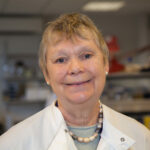 Professor Frances Balkwill is a British scientist, renowned for her research on the interaction between tumors and their microenvironment, particularly in the context of cancer growth and spread. Her work has been instrumental in deciphering the connection between inflammation and cancer. She is a prominent figure in translating this understanding into innovative treatments for ovarian cancer. Balkwill has also played a pivotal role in raising public awareness of scientific advancements.
Professor Frances Balkwill is a British scientist, renowned for her research on the interaction between tumors and their microenvironment, particularly in the context of cancer growth and spread. Her work has been instrumental in deciphering the connection between inflammation and cancer. She is a prominent figure in translating this understanding into innovative treatments for ovarian cancer. Balkwill has also played a pivotal role in raising public awareness of scientific advancements.
Professor Balkwill was trained at Barts Medical Oncology Unit and the ICRF Lincoln’s Inn Fields. During her postdoctoral research, she focused on studying interferons and their role in cancer therapy. Her subsequent work delved into the intricate roles of cytokines, both in cancer promotion and inhibition. This research paved the way for broader studies on the cellular and mediator components of the complex and dynamic tumor microenvironment. Currently, Professor Balkwill’s research is centered on ovarian cancer. Recently, her lab published a comprehensive profile of the human ovarian cancer microenvironment. They have also developed new mouse models and human multicellular tissue culture models, which they are using to investigate biological therapies that could prevent relapse and improve patient survival in ovarian cancer.
In addition to her scientific contributions, Professor Balkwill is actively involved in public engagement with biomedical science. She has authored several books for children on cell and molecular biology. She is the Director of the Centre of the Cell, an informal biomedical science center for children, educational website, and outreach project in East London, which has engaged over 180,000 participants since its inception in September 2009.
Balkwill serves as a non-parliamentary board member of the Parliamentary Office of Science and Technology (POST) and is a Trustee of Bloodwise. She was awarded an OBE in the 2008 Queen’s Birthday Honours list. In 2015, the University of Bristol conferred upon her a Doctor of Science honoris causa, and in 2017, she received the Cancer Research UK Inspiring Leadership in Research Engagement Prize.
Doctor Mara Sherman, Ph.D
Memorial Sloan Kettering Cancer Center in New York City, USA
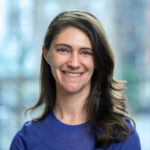 Dr. Mara Sherman is an associate member of the Memorial Sloan Kettering Cancer Center at New York city. The Mara Sherman lab aims to understand the heterocellular interactions among pancreatic cancer cells and their surrounding microenvironment, and to target these networks for therapeutic benefit.
Dr. Mara Sherman is an associate member of the Memorial Sloan Kettering Cancer Center at New York city. The Mara Sherman lab aims to understand the heterocellular interactions among pancreatic cancer cells and their surrounding microenvironment, and to target these networks for therapeutic benefit.
She did her PhD in the laboratory of Michael Teitell at the University of California, Los Angeles, working on the mechanisms regulating B cell lymphomagenesis. Then she moved to the laboratory Danny Manor at Cornell University, Ithaca, working on mechanisms of cellular transformation by the Dbl oncogene.
She has prestigious recognition in the field and her laboratory is supporting by grant like R01 and P01
Nicholas McGranahan, Ph.D
Cancer Genome Evolution Research Group, CRUK-UCL Lung Cancer Centre of Excellence, Human Technopole, UCL Cancer Institute, London, UK
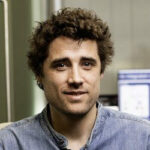 Dr. Nicholas McGranahan is an emerging computational geneticist based at the CRUK-UCL Lung Cancer Centre of Excellence, located in the UCL Cancer Institute. He completed his Ph.D. at the University College London under the advisory of Dr. Charles Swanton and Dr. Nicholas Luscombe. He pursued his research as a postdoctoral fellow at The Francis Crick Institute in the lab of Dr. Charles Swanton. Currently, he is leading a research group that develops computational methods to explore the cancer genome and antitumor immunity within an evolutionary framework.
Dr. Nicholas McGranahan is an emerging computational geneticist based at the CRUK-UCL Lung Cancer Centre of Excellence, located in the UCL Cancer Institute. He completed his Ph.D. at the University College London under the advisory of Dr. Charles Swanton and Dr. Nicholas Luscombe. He pursued his research as a postdoctoral fellow at The Francis Crick Institute in the lab of Dr. Charles Swanton. Currently, he is leading a research group that develops computational methods to explore the cancer genome and antitumor immunity within an evolutionary framework.
Using state-of-the-art bioinformatics and evolutionary methods, his team aims at understanding how tumors are developing and how they might be treated. McGranahan’s work has is centered around exploring tumorigenesis as an evolutionary process. He has developed various tools to assist researchers in understanding the effect of genetic mutations accumulated during tumor development, but also use this knowledge to predict the tumor’s trajectory. This comprehensive approach might help in designing a more effective cancer treatments in the future. Dr. McGranahan exceptional work in the field of cancer evolution has granted him several prestigious awards, including: Blavatnik Awards for Young Scientists, Young Investigator EMBO Award and Sir Henry Dale Fellowship, Wellcome Trust.
Charles Herbaux, MD, PhD · PU-PH
University Hospital of Montpellier, France
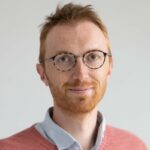 Prof. Charles Herbaux is a MD PhD whose work is primarily focused on lymphoproliferative diseases. He obtained his MD in the University and CHRU of Lille in 2014. He did his PhD in 2017 working on pathophysiology of T prolymphocytic leukemia (T-PLL). In 2018, he joined the laboratory of Dr. MS Davids at Dana-Farber Cancer Institute in Boston as a postdoctoral fellow. While there, he focused on the development of a BH3 profiling method to assess the tumor cell’s dependency to anti-apoptotic proteins from the Bcl-2 family. Pr Herbaux come back to France in 2020, where he carries out his care and clinical research activities in the department of Clinical Hematology – CHU de Montpellier. He is also leading translational research projects within Pr Jérôme Moreaux’s team at Institute of Human Genetics. He is studying how cellular signaling cascades and cell death are affected by BCR and TCR pathway inhibition, and how these results correlate with clinical outcomes in trials. Ultimately, the aims of his clinical and research efforts are to help develop novel therapies that improve outcomes for patients afflicted with lymphomas and lymphoid leukemias.
Prof. Charles Herbaux is a MD PhD whose work is primarily focused on lymphoproliferative diseases. He obtained his MD in the University and CHRU of Lille in 2014. He did his PhD in 2017 working on pathophysiology of T prolymphocytic leukemia (T-PLL). In 2018, he joined the laboratory of Dr. MS Davids at Dana-Farber Cancer Institute in Boston as a postdoctoral fellow. While there, he focused on the development of a BH3 profiling method to assess the tumor cell’s dependency to anti-apoptotic proteins from the Bcl-2 family. Pr Herbaux come back to France in 2020, where he carries out his care and clinical research activities in the department of Clinical Hematology – CHU de Montpellier. He is also leading translational research projects within Pr Jérôme Moreaux’s team at Institute of Human Genetics. He is studying how cellular signaling cascades and cell death are affected by BCR and TCR pathway inhibition, and how these results correlate with clinical outcomes in trials. Ultimately, the aims of his clinical and research efforts are to help develop novel therapies that improve outcomes for patients afflicted with lymphomas and lymphoid leukemias.
Daniela Thommen, MD, Ph.D
Precision cancer immunotherapy Group, Netherlands Cancer Institute in Amsterdam
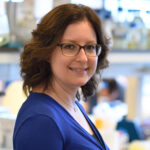 Dr. Daniela Thommen is a group leader at the Netherlands Cancer Institute in Amsterdam. Her group focuses on understanding the determinants of response to checkpoint inhibitors, taking advantage of a unique ex-vivo tumor model, the patient-derived tumor fragment platform. Through transcriptomic, spatial and multiparametric flow cytometry analysis, her lab aims to identify predictive biomarkers of response to immune-checkpoint inhibitors. She has made major contributions to the field, characterizing thoroughly the lymphocytes compartment in solid tumors, especially lung cancer.
Dr. Daniela Thommen is a group leader at the Netherlands Cancer Institute in Amsterdam. Her group focuses on understanding the determinants of response to checkpoint inhibitors, taking advantage of a unique ex-vivo tumor model, the patient-derived tumor fragment platform. Through transcriptomic, spatial and multiparametric flow cytometry analysis, her lab aims to identify predictive biomarkers of response to immune-checkpoint inhibitors. She has made major contributions to the field, characterizing thoroughly the lymphocytes compartment in solid tumors, especially lung cancer.
Supported by a MD-PhD fellowship, she pursued both medical training and completed a PhD in T-cell immunology at the University of Basel, Switzerland, in 2010 under the supervision of Prof. Biedermann. She continued her dual activity as a clinician scientist, through training in internal medicine and medical oncology and, in parallel, work as a research fellow in the lab of Prof. Zippelius at the Department Biomedicine in Basel.
In 2016, she joined the lab of Prof. Ton Schumacher at the Netherlands Cancer Institute with a postdoctoral fellowship from the Swiss National Science Foundation. After a few productive years where she continued to advance understanding of the heterogeneity in intratumoral immune activity, with a focus on T cell dysfunction, she started her own independent research lab at the Netherlands Cancer Institute in April 2020.
She is the recipient of several prestigious grants and awards, such as: the Swiss Pfizer Research Prize in oncology (2019), the Young Investigator Grant/Bas mulder award (2018) from the Dutch Cancer Society and a Melanoma Research Alliance Team Science Award, together with C. Blank and D. Peeper.
Inmaculada Martínez Reyes, Ph.D
Junior Group Leader, Max Delbrück Center for Molecular Medicine, Berlin, Germany
 Dr. Inmaculada Martínez Reyes is an expert in the field of cancer metabolism, focusing on the role of mitochondria in immune suppression and exhaustion within the tumor microenvironment. She earned her Ph.D. in 2012 at University Autonoma in Madrid, Spain, and subsequently conducted postdoctoral research in Spain with Dr Marcos, USA with Dr Chandel and finally with Prof. Blankenstein in Germany. She is an author of numerous publication in prestigious journals, including: Nature, Cell Metabolism, Molecular Cell, Nature Communications and Nature Chemical Biology. Starting in September 2024, she will lead her own group in Max Delbrück Center for Molecular Medicine (Berlin, Germany).
Dr. Inmaculada Martínez Reyes is an expert in the field of cancer metabolism, focusing on the role of mitochondria in immune suppression and exhaustion within the tumor microenvironment. She earned her Ph.D. in 2012 at University Autonoma in Madrid, Spain, and subsequently conducted postdoctoral research in Spain with Dr Marcos, USA with Dr Chandel and finally with Prof. Blankenstein in Germany. She is an author of numerous publication in prestigious journals, including: Nature, Cell Metabolism, Molecular Cell, Nature Communications and Nature Chemical Biology. Starting in September 2024, she will lead her own group in Max Delbrück Center for Molecular Medicine (Berlin, Germany).
Joanne Clancy, Ph.D
Associate Editor in Nature Communications, Springer Nature, UK
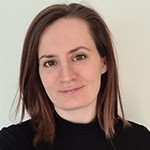 Dr. Joanne joined Nature Communications in March 2022 as a Locum Associate Editor. Previous to this Joanne received an MSc(Res) in Translational Oncology at the University of Sheffield and went on to study for a PhD at University College London. Her doctoral research evaluated the effects of combining radiotherapy and a novel inhibitor of DNA damage repair on tumour immunogenicity. Joanne is based in the London office and handles mainly cancer therapy related submissions.
Dr. Joanne joined Nature Communications in March 2022 as a Locum Associate Editor. Previous to this Joanne received an MSc(Res) in Translational Oncology at the University of Sheffield and went on to study for a PhD at University College London. Her doctoral research evaluated the effects of combining radiotherapy and a novel inhibitor of DNA damage repair on tumour immunogenicity. Joanne is based in the London office and handles mainly cancer therapy related submissions.
Organizing committee
Volunteers (all the help is welcome)
Pratical information
The 2nd Young Scientist Cancer Congress (YS2C) will take place at the Amphi Dumontet of University of Montpellier, from October 10th to 11th, 2024.
Address: Amphi Dumontet, Faculty Of Science De Montpellier, Place Eugène Bataillon, 34095 Montpellier, France (https://www.google.com/maps/)
Location of coffee breaks, lunch, and Icebreaker event:
The coffee breaks and lunches will be provided close to the Dumontet amphitheater (follow the indications).
Starting at 19.30 pm, we will have the Icebreaker at La Jalade Tennis Club located at 2 Rue de la Jalade, 34090 Montpellier.
Badges
Please return your badge at the end of the congress to the provided boxes.
Questions?
Don’t hesitate to contact the congress office via ys2conference@gmail.com.
Prizes
Several competitions are organized to reward young researchers/clinicians (PhD students, post-docs, young clinicians):
- Best oral and poster presentations sponsored by the committee of Young Scientist Cancer Congress (YS2C)
- Best oral presentation prize, sponsored by European Association of Cancer Research (EACR)
- Best oral and poster presentations in pediatric oncology, sponsored by the association Enfants Cancers Santé (ECS)
- Best poster presentation in cancer bioinformatics, sponsored by the Société Française de Bioinformatique (SFBI)

Centre de Recherches contre le Cancer de Toulouse (Oncopole)
Toulouse - FR
Suivez nous sur les réseaux sociaux
Nous contacter
+33 5 82 74 15 75
Nous rejoindre ?
